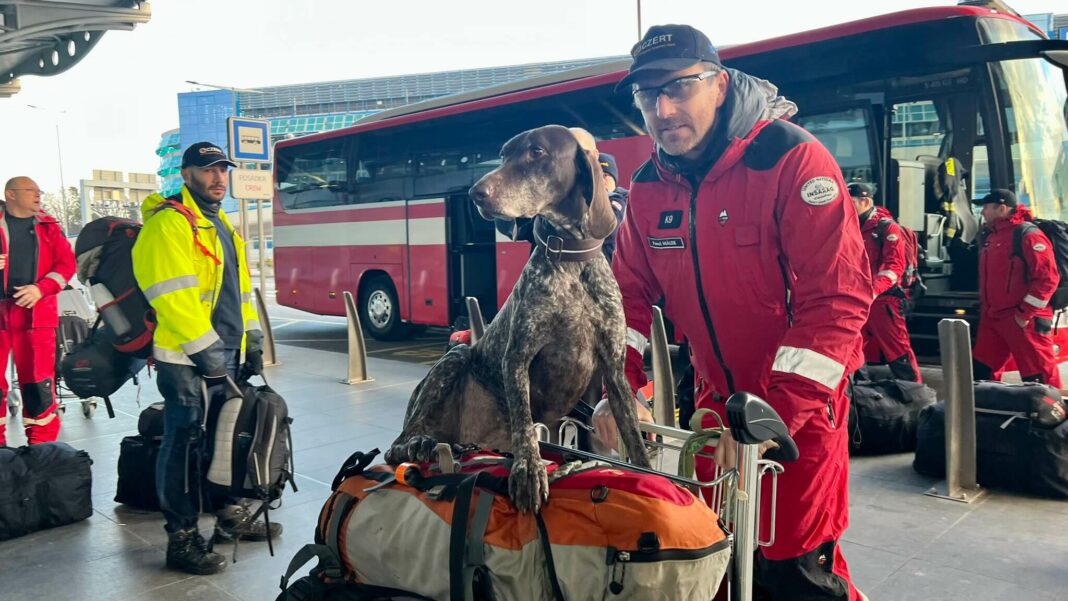Spanish and Slovak rescue teams decided to leave Turkey after the government recently allowed the use of construction equipment to remove debris in earthquake-affected areas, saying the move means risking the lives of many people, the Gazete Duvar news website reported on Tuesday.
Turkey’s most powerful earthquake in almost 100 years struck near the city of Gaziantep as people slept on Feb. 6, killing 31,643 people and injuring over 80,000 across 10 southeastern provinces hit hardest by the disaster, according to the latest official figures.
The 7.8-magnitude quake was followed by dozens of aftershocks, including a 7.5-magnitude temblor that struck the region in the middle of search and rescue efforts the same day.
Pedro Frutos from the Spanish rescue team told RTVE, Spain’s state-owned broadcaster, that they decided to leave the country since the Justice and Development Party (AKP) government allowed the use of heavy equipment in quake-hit regions.
“We won’t be a part of this,” Frutos said, explaining that the use of heavy equipment to remove debris would help them save time but also means risking the death of many people under the rubble.
A member of the Slovak team who took part in search and rescue efforts for four days also told RTVE that they were told to return home since the Turkish government decided to use construction equipment to remove rubble and that it’s is expected to lead to “a complete humanitarian crisis” in the area.
The teams, who rescued hundreds of people from the wreckage and now think there’s no longer any hope of rescuing more survivors due to the use of construction equipment in quake regions, also brought up shortcomings related to security and the lack of coordination, according to Duvar.
The Austrian army relief unit, German rescue teams and other search-and-rescue workers also temporarily suspended operations on Saturday, citing concerns about local violence, supply scarcity and hygiene issues. Turkish Interior Minister Süleyman Soylu denied the claims later on, saying they were “slanderous.”
Turkish President Recep Tayyip Erdoğan and his AKP government came under fire due to their poor performance in coordinating search and rescue efforts after the massive quakes.
They were mainly blamed by opposition politicians, journalists and human rights activists for failing to mobilize enough people for the efforts and a lack of coordination among the teams, which resulted in civilians in some regions trying to pull their loved ones from under the rubble by themselves and finding them frozen to death although they had sustained no critical injuries in the quakes.
Many social media users also complained about the lack of basic necessities, such as water, blankets and tents, as well as medical supplies in the earthquake regions.


